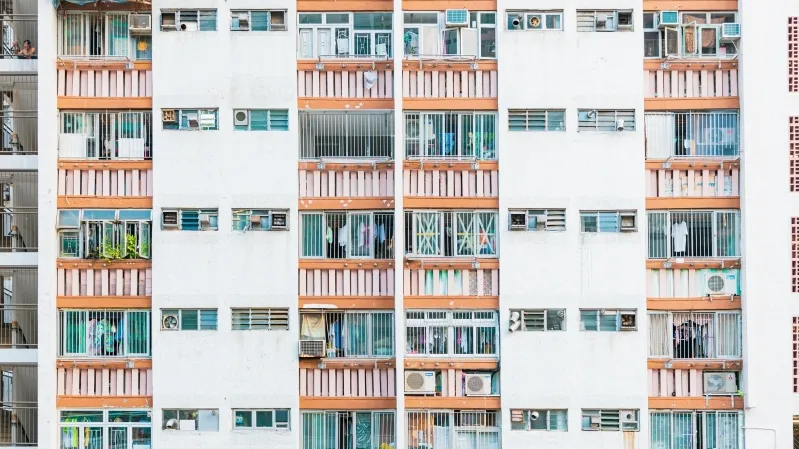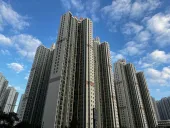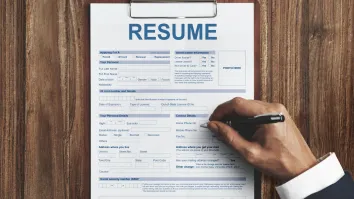
Why are residential prices in Hong Kong losing growth momentum?
JLL cites two reasons.
The decreasing birth rate and marriages in Hong Kong, alongside interest rate hikes, will affect the growth momentum of residential prices in the near term, according to JLL.
Based on JLL’s latest Residential Market Monitor, the city’s population has fallen by 187,000 in the past three years and the number of new births is also on a downward trend.
“In 2020-2022, the average number of marriages registered per year was 28,248, 41.8% lower than the average of 48,556 in 2017-2019. The total fertility rate or the live births per 1,000 women decreased from 1,128 in 2017 to 772 in 2021, below those in Japan and Singapore,” JLL reported.
With fewer new births and home formation, there will also be less starter home demand and upgrade demand, said Norry Lee, senior director of the Projects Strategy and Consultancy Department at JLL in Hong Kong.
Apart from the low birth rate, interest rate hikes are also affecting rental growth momentum in Hong Kong.
JLL said changes in economic reality have “become less conducive” for mainland Chinese buyers to enter the market.
The expert underscored that buyers from the Mainland accounted for over 15% of the residential transaction volume in 2017.
“Mainland Chinese investors attracted by Hong Kong's lower borrowing costs and higher rental yields are finding these factors less appealing than before, and while the average mortgage rate in Hong Kong rose by 213 bps to 3.58% in 2022, the nationwide average mortgage rate in mainland China dropped to a record low of 4.26%,” JLL reported.
“In addition, the rental yield of Class A property in Hong Kong narrowed from 2.8% in 2017 to 2.5% in 2022. Furthermore, non-local end users settling in Hong Kong face more difficulties in buying homes than local buyers because they need to prepare a much higher upfront payment than local buyers for the same property, due to higher stamp duties and the lower maximum LTV ratio allowed,” the expert added.
JLL underscored that whilst the rate hike cycle has ended, “mortgage rates are likely to stay elevated, which is not conducive for demand growth.”
“Although the economic recovery will eventually translate into higher income and greater affordability to support home prices, that process could be gradual.
What could help Hong Kong attract non-local investors and family offices would be new policy measures, including a revamped investment-immigration scheme and tax incentives, said Cathie Chung, senior director of Research at JLL in Hong Kong.
“Since the government launched the Top Talent Pass Scheme in December 2022, more than 12,000 applications have been approved, along with 8,300 visas granted to the dependents of the scheme's applicants. Moreover, Singapore raised the Additional Buyer's Stamp Duty in April to 60% from 30%, potentially increasing Hong Kong residential assets' relative appeal to non-local investors. However, the outlook of Hong Kong's housing market depends largely on whether these stimulatory policies and external factors can offset the negative influence of the structural factors,” Chung added.



















 Advertise
Advertise






